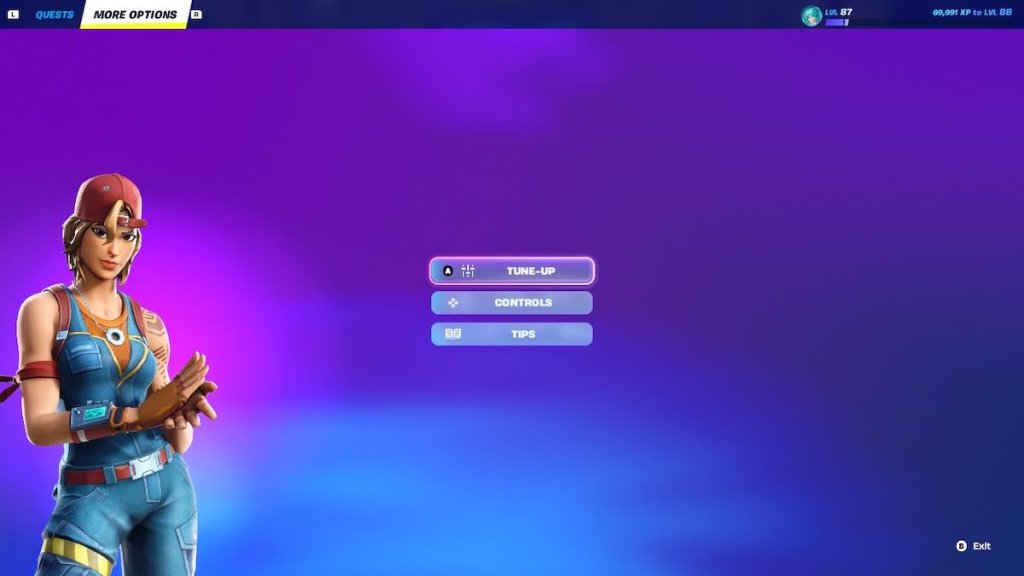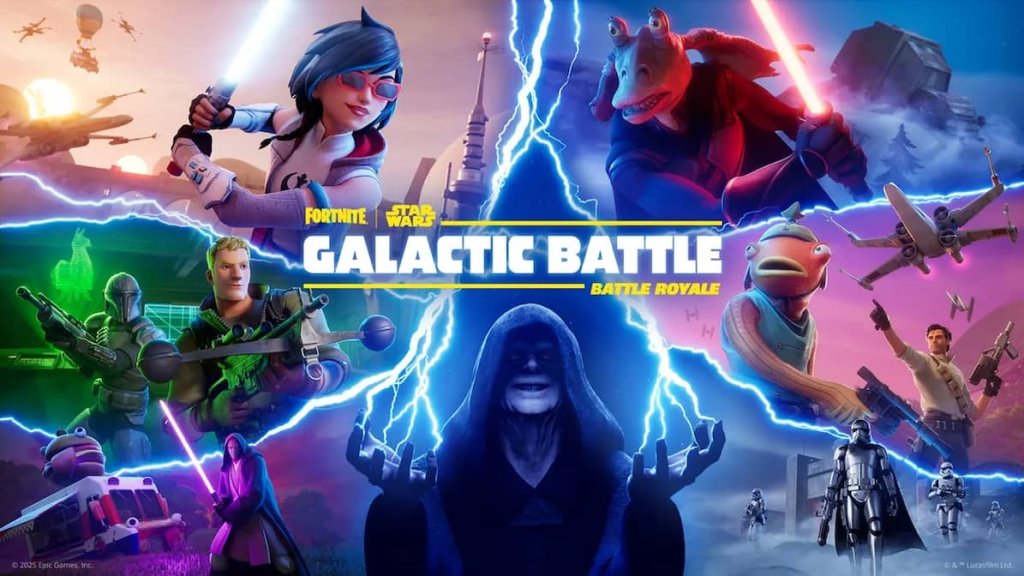
Zero Tolerance for Cheating in Esports? The Jarvis Case
The recent banning of Jarvis Khattri, a 17-year old Fortnite pro player sparked a huge discussion in the esports world. He was banned for life after uploading a video of himself cheating in the game. Jarvis, a member of FaZe Clan has quite a huge YouTube following and used the software in order to show how unfair it makes the game for others.
In other words – he actively wanted to demonstrate how bad it is when players use this type of software, rather than wanting to secretly give himself an advantage, and he was open about using it once for that purpose.

© Jarvis
An Unpopular Ban
He was banned by Epic almost immediately after, and has since offered several apologies, along with requests to have his ban lifted, however due to their zero-tolerance policy, Epic have refused his requests along with those of his followers.
Generally speaking, people are very much in favour of cheaters being punished, however in this case opinions were a little more split – Jarvis was trying to show the pitfalls of cheating, which is difficult to do without someone, well, cheating.
Read also: Fortnite cheats are the biggest problem in the World Cup
Punishment? Yes. This Punishment? No.
Despite that, a ban is in my opinion, justified, but it shouldn’t be the ban he received. He violated the terms and conditions and was punished accordingly. He may have had good intentions, but the end result was still a violations of the rules, so Epic was within their rights to do what they did – still, they could have gone with a more limited ban, the way it is done in other pro sports.
That said, I feel like this situation could perhaps have been avoided through a bit of communication. Maybe, had he gotten in touch with Epic Games beforehand, they could have informed him that there were no exceptions to their policy, or even allowed him to make an ‘official’ PSA so to speak, in order to really show the problems that cheating in esports can cause.
Either way, the situation was handled quite badly. Jarvis tried to make a new account, with no success – ban dodging is also against the rules, as is the case in most video games. The reason for the harsh policies is the huge impact that cheaters have on Fortnite as well as other competitive gaming – wanting to punish and avoid that is by no means wrong.

© Epic Games
The End Of A (Young) Career
As for Jarvis – his pro career is all but over now. He worked as a competitor and content creator and covered Fortnite – he can no longer do that. This highlights a different problem in the esports industry: The short-lived nature of pro careers, and how dependent on the whims of others they are. Had Epic made an exception and lifted or shortened the ban to something like 6 months or a year, Jarvis could still continue in his current career.
Instead, because of one poor decision (and what teenager hasn’t made those?), his pro career is all but finished. While for players who cheat to give themselves an advantage this is a justified punishment, he was actively campaigning against cheaters, which is hardly the same thing
While it’s not uncommon for pro athletes to have short careers, no other industry punishes rule-breaking so harshly. Imagine if, in a football game, a red card equalled a lifetime ban from the sport – a dystopian idea at best.
So, why are different standards applied here? Yes, cheaters should be punished, and Jarvis certainly violated the rules, but a punishment should always be proportional to the crime, and that is not the case here. Epic could have done better!
Reas also: Fortnite Pro Players caught cheating in in-game events












